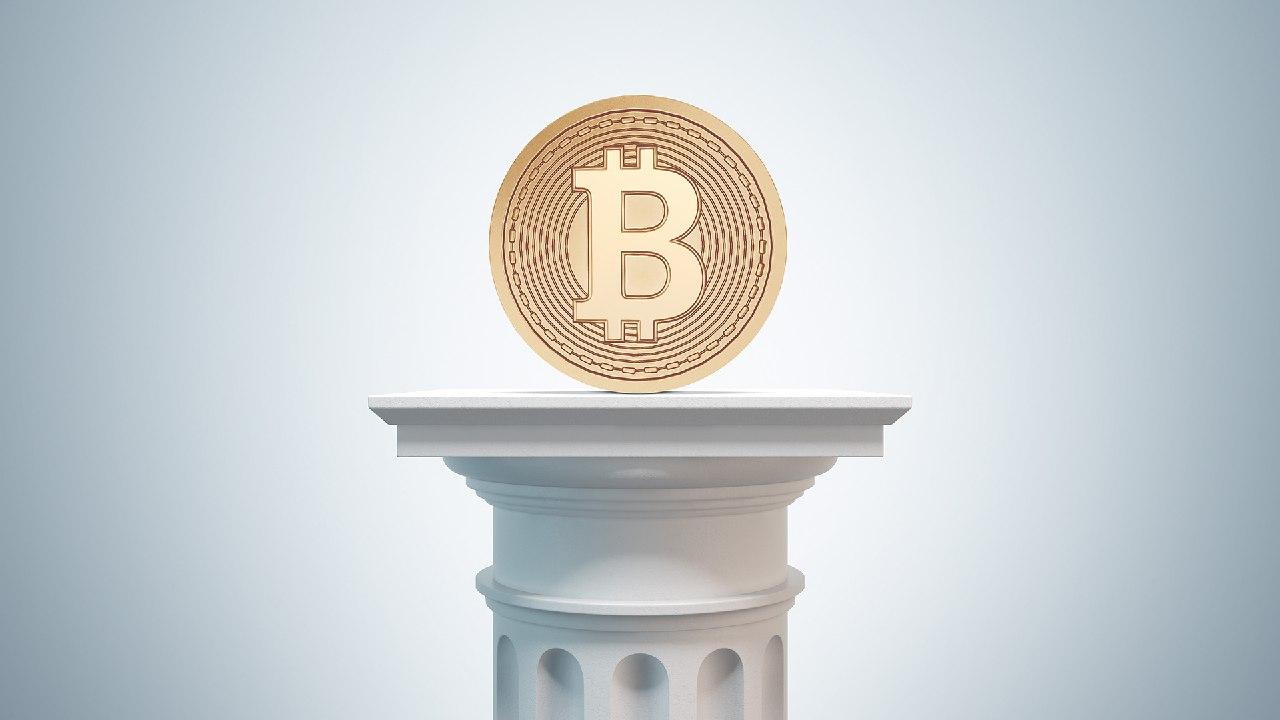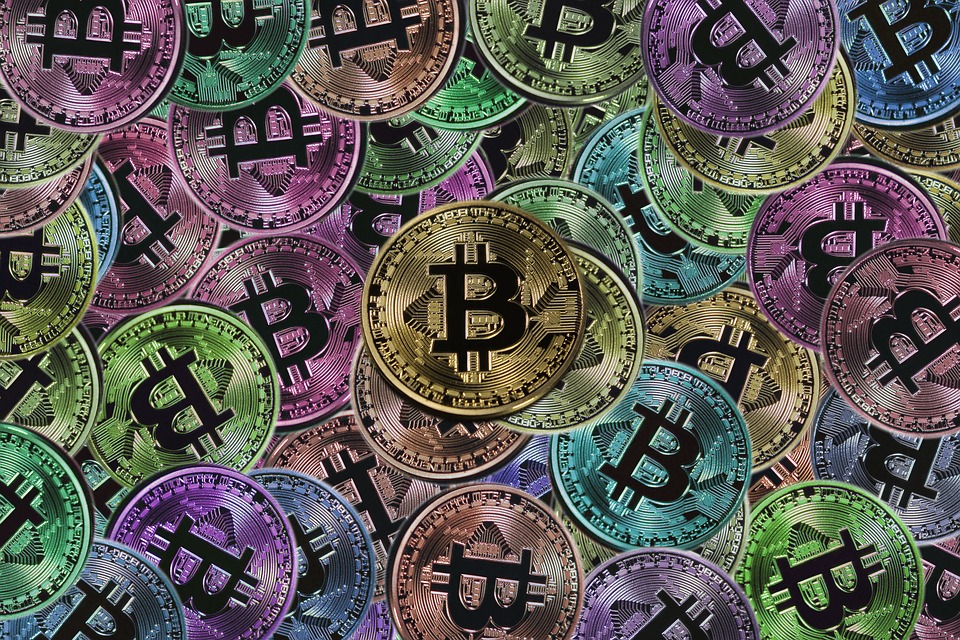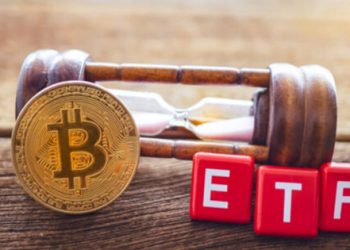Cryptocurrency mining activities are using up massive amounts of energy in Venezuela, causing countrywide electricity blackouts. The server farms used in Bitcoin mining use about 31 terawatt hours of energy per year – an amount that is enough to power millions of homes.
Tech analysts suggest that the high-mining activity is consuming a higher level of energy consumption not only in Venezuela but also in over 150 other countries across the globe.
Bitcoin consumption
In an article by Digiconomist, the energy used by Bitcoin mining operations is similar to the energy consumption of several countries including Denmark, Morocco, and Serbia.
The total amount of energy used in Bitcoin mining is also enough to meet 50% of Czech Republic’s energy consumption, and 24% of the Netherland’s energy requirement.
The blackouts in Venezuela indicate that the country cannot cater anymore to the current demands of the people. The blackouts also fuel the economists’ theories that Bitcoin mining will have used up the world’s energy supply by 2020.
Why is Bitcoin mining surging in Venezuela?
Venezuela is currently experiencing a hyperinflation worse than the when Germany’s Weimar Republic came into play during the early 20th century. The current prices of goods in the country are that high that a fast food meal can cost half a month’s salary. The Atlantic reports that the inflation rate in the country is expected to hit 1,600%. Venezuela’s highest denomination note, the 100 Bolivar, is now approximately worth two cents.
Coinwire reported that it is because of the country’s financial crisis that led the citizens to turn to Bitcoin mining, which led to the blackouts. Before the hyperinflation began, Venezuela had the highest wealth per capita in South America.
In order to be profitable in Bitcoin mining, Venezuela’s cryptocurrency’s miners look at two factors: Bitcoin’s current value on the global market, which has surged in the past couple of months, and the price of electricity needed to run the server farms.
Electricity is something that Venezuelans are able to afford despite the nationwide blackouts. Under President Nicolas Maduro, electricity is heavily subsidized. A Venezuelan miner running a Bitcoin farm only needs to pay $500 a month, which is a small fortune to pay for a coin that could yield thousands of dollars.
Gaining back the people’s purchasing power
Experts have gone on record stating that Venezuelans can gain back their purchasing power through Bitcoins. The cryptocurrency doesn’t need a bank account; it only needs a PC or mobile and internet connection in order to provide a way for citizens to pay for goods and services. Analysts suggest that the “Bitcoinization” of the country isn’t a farfetched idea, and it could very well save the people from poverty.
In Venezuela, a miner is seen as an “unofficial bank” that provides digital money to people. Schoolteachers and college students are all mining Bitcoins, as well as people outside the IT industry. Bitcoins have become the general currency even among non-miners. Peer-to-peer transactions happen on a daily basis, allowing people to buy the basic necessities of life such as food and water.

Hitesh Malviya is the Founder of ItsBlockchain. He is one of the most early adopters of blockchain & cryptocurrency enthusiast in India. After being into space for a few years, he started IBC in 2016 to help other early adopters learn about the technology.
Before IBC, Hitesh has founded 4 companies in the cyber security & IT space.
Subscribe to get notified on latest posts.






























